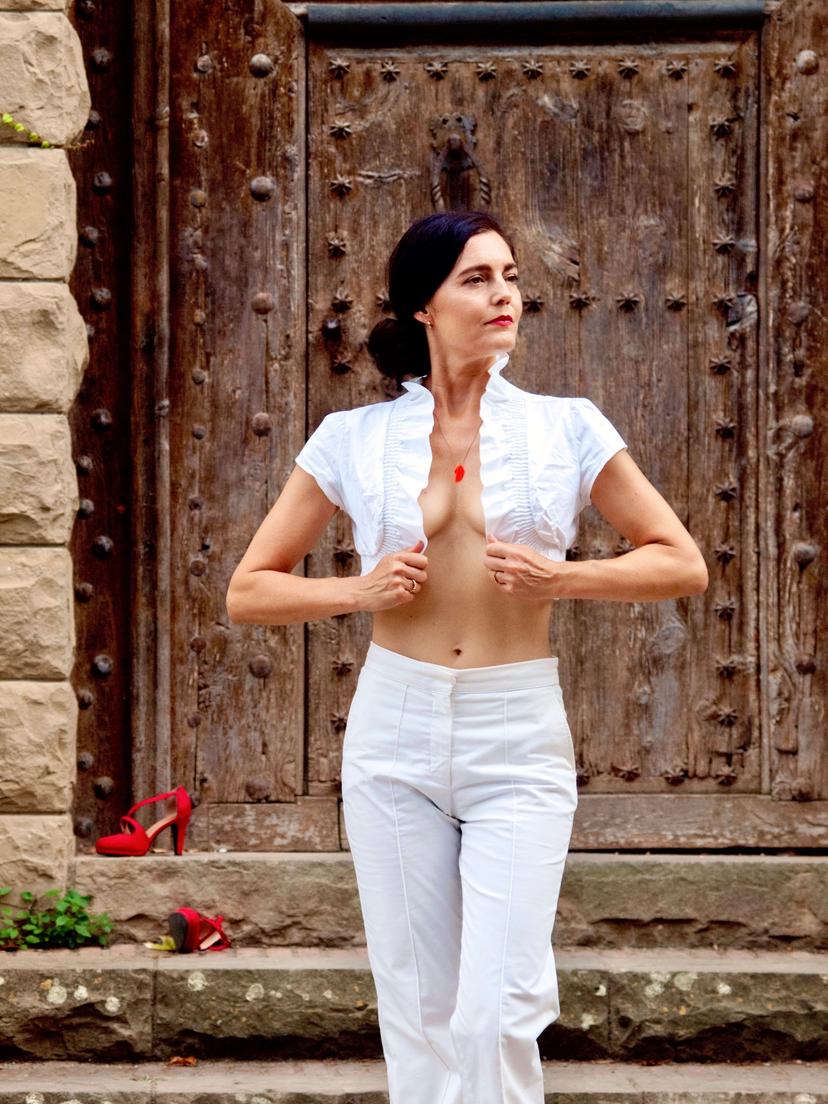Lorca – Tussen Licht en Duister
Lorca – Tussen Licht en Duister is a smouldering, raw and intimate music theatre performance about desire and connection. In Lorca, the story unfolds of a woman searching for answers to life’s great questions. Between wakefulness and dreams, she finds beauty and solace in the poetic works of Spain’s most famous poet: Federico García Lorca.
Both share two faces: exuberant joy of life accompanied by a dark shadow. He becomes her guide and inspiration, and together they lose themselves in the Andalusian night. When she realises that her contact with Federico helps her to ward off her fears, their nightly encounters grow into an obsession that threatens to cost her the connection with the real world. Yet her fierce desire to survive ensures that light eventually triumphs over darkness.
From her unique perspective as a Dutch flamenco singer and theatre maker, Luna Zegers creates a new narrative around Lorca’s poetry. “I know the flamenco culture from within, through my studies in flamenco singing at the conservatory in Barcelona and performances with renowned artists from the Spanish flamenco scene. Flamenco brings people together, and in Spain I regularly experience first-hand how powerful the unifying effect of this music culture can be”, says Luna.
Lorca, writing from a profound sense of connectedness to the world around him, addressed people, nature and pressing social issues. His poetry is imbued with transience and longing. His best-known play, Blood Wedding, is still frequently performed, and his oeuvre continues to inspire flamenco greats such as singer Camarón de la Isla, guitarist Paco de Lucía, and singers Enrique and Estrella Morente, from Lorca’s birthplace, Granada.
Woven into the performance are new works by Luna herself, inspired by Lorca’s writings. She sings and plays keyboards, accompanied by flamenco guitar and percussion. Soundscapes heighten the magical atmosphere of the dream world in which part of the performance takes place.
A portion of the audience becomes part of the story by taking a seat on stage, clapping along to the flamenco rhythms and calling out encouragements, just as one would at a juerga flamenca, the spontaneous flamenco gatherings one might encounter in Spain.

